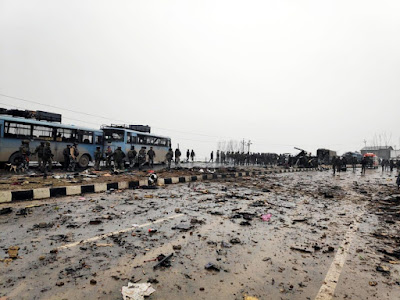SCHOOL
MANAGEMENT" is in the minds of those most concerned a somewhat uncertain
term. The course often given in normal schools and colleges under that name
varies greatly in content. It is next to the course in "methods" in
degree of variability. In many cases it is very specific, and when there is an
attempt at general statement the result is none too successful. In our texts on
the subject there is a range from books of rules to idealistic visions of
harmonies. One of our great committees wrestled with the subject, somewhat as
an aside, but from every standpoint there is an opportunity for good work still
to be done in this field.
One
of the difficulties has been that we are not clear as yet as to the foundations
of the internal government of schools. Are they to be democratic or monarchical
in organization? The principles worked out in general government, and having
reference there to immediate participation by adult males only, rightly or
wrongly, are considered by many inapplicable to an institution so largely, as
far as daily routine is concerned, now in the hands of young women. Then, too,
the massing of numbers of pupils makes the government forms of the home out of
place in the school, and raises the question as to the extent to which these
children and young people can function in the organization which exists to aid
them in their growth.
The
reports written by some of the city superintendents, and such works as Mrs.
Young's Isolation in the School, are the most promising material-that we have.
Our need is more discussions which take a large view of the school as a growing
organism working out its own statement of function. We have much petty
self-consciousness so far, but little of the large consciousness which makes
for progress in an economical manner.
The
self-government movement, while often a fad, indicates an appreciation of
collective interests which will contribute much of permanent value. The
recognition which we find of school housekeeping," as a part of the
published school curriculum even for older students, will also help. The best
teachers have always recognized the need of placing responsibility where it
rightly belongs, but we are coming now to a larger recognition of what this
means.
The
higher training of teachers will before long make a number of strides forward.
At present it is still hard to learn how to use school tools without at the
same time becoming mechanical. The training systems make it hard to foster
individual excellence. The result is two classes of teachers, a large number of
one class forgetting the weightier matters in their devotion to the really
valuable things that they have learned, while the greater number of the other
class are hampered in realizing the vision they follow because no man has
helped them to overcome the little difficulties which will not be ignored.
Smaller training centers, in closer relation to actual conditions, with more
efficient supervision there and later, promise to help us.


No comments:
Post a Comment